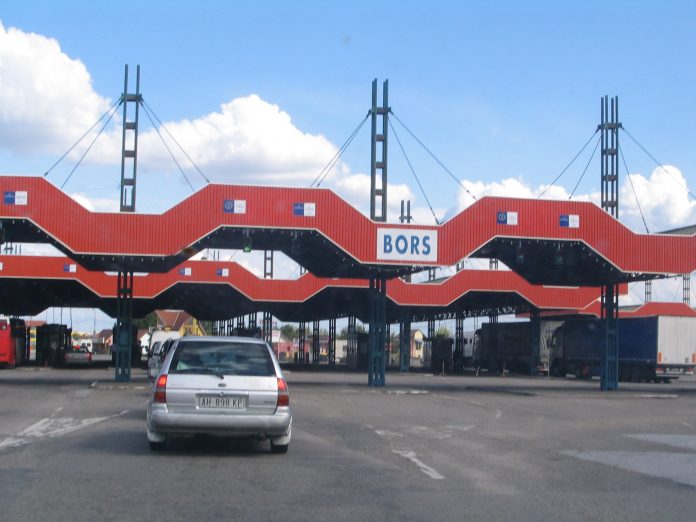Simpler procedures for legitimate travellers and incentives for cooperating with the EU on migration are part of new rules on short-stay visas for non-EU nationals.
Civil Liberties Committee MEPs backed, on Monday, changes to the EU Visa Code which establishes the procedures and conditions for issuing visas to nationals of more than one hundred non-EU countries travelling to the EU for short periods (up to 90 days in any 180-day period). The draft law was passed with 27 to 15 and 4 abstentions.
MEPs partially endorsed the Commission’s proposal, aimed at facilitating legitimate travel for tourism, trade and business, whilst preventing irregular immigration and contributing to internal security. They made additional changes to further simplify procedures for bona fide travellers and ensure a positive link between visa and migration policy.
Among other changes:
some applicants may not need to present their applications in person and processing periods will be reduced;
travellers will be able to hand in applications at the consulate of another EU member state if the one responsible is neither present nor represented in a given third country or if the competent one is more than 500 km away from their place of residence;
travel health insurance will not be a prerequisite for requesting a visa;
the general visa fee will increase from 60 to 80 euros, with exceptions for some travellers, while children under 12, family members of EU nationals, students and researchers will have the fee waived;
it will be possible to apply for a visa up to nine months before the intended journey (instead of six months proposed by the Commission), and
additional facilities for artists and sports professionals touring in the EU and multiple entry visas for frequent travellers.
Cooperation on readmission by third countries
Some provisions, such as the visa fees, the time taken to issue decisions on applications, and the period of validity of multiple entry visas, may be adapted depending on whether a given non-EU country shows “sufficient”, or alternatively “insufficient”, cooperation on readmitting irregular migrants, following a full and objective assessment by the European Commission.
Currently, travellers from 104 countries and entities are required to have a visa in order to enter the EU. The number of visa applications has increased by 50% in the last few years, from 10.2 million in 2009 to 15.2 million in 2016.
Once the Parliament’s position is confirmed by plenary, EP and Council negotiators will be able to start talks with a view to reaching an agreement on the legislation at the first reading.

